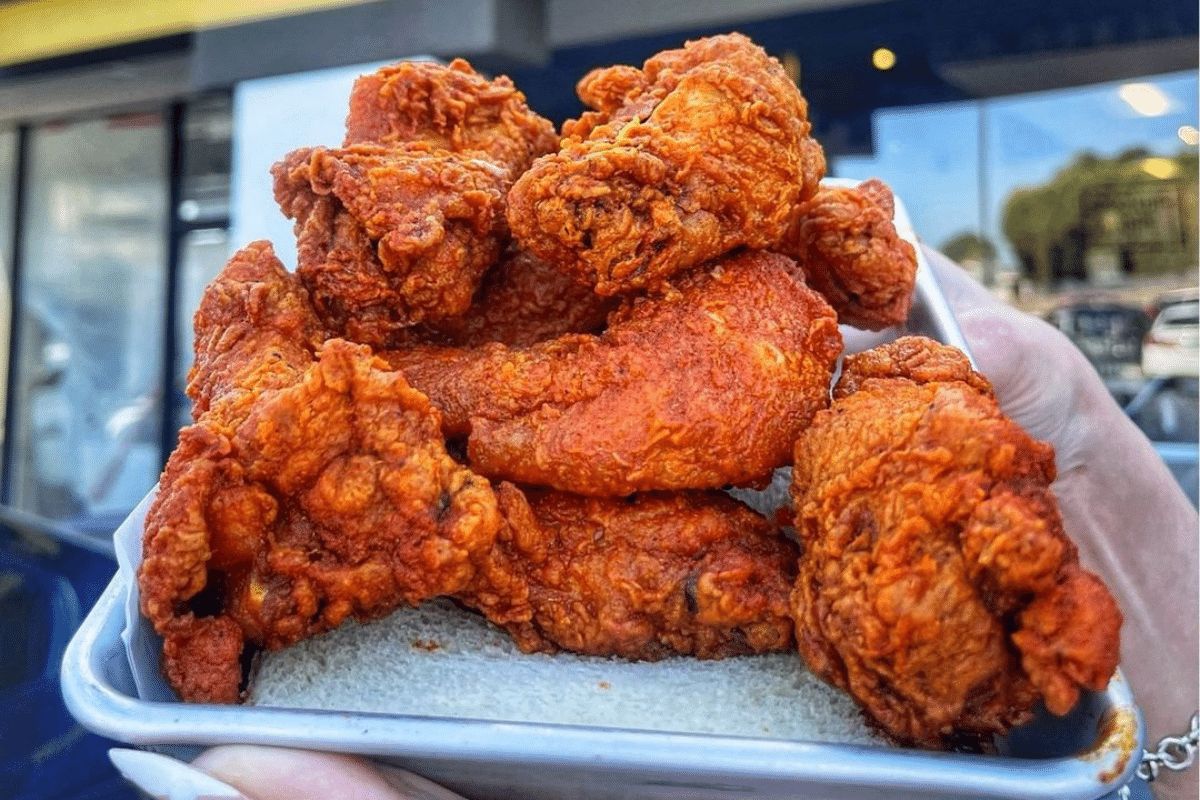Halal Chicken: More Than Just a Meal

You’ve likely seen the word “halal” on menus, food trucks, and even in your local grocery store or butcher shop. From the appearance in shows like Marvel’s Ms. Marvel, where the protagonist navigates her Muslim-American identity, halal food has become a mainstream conversation topic. But what does it really mean when you order halal chicken?
Beyond being a stamp of approval, “halal” represents a comprehensive standard of care, quality, and respect that begins long before the food reaches your plate. It’s a method rooted in centuries of tradition, designed to ensure purity, ethical treatment, and ultimately, a superior product. This guide will explore the world of halal chicken, from the farm to your fork, and uncover why it’s celebrated for its incredible taste, flavor, and texture.
What Exactly is Halal Chicken?
In Arabic, the word “halal“ means “permissible.” For food to be certified halal, it must adhere to the dietary guidelines outlined in Islamic law. This covers everything from the animal’s diet and living conditions to the specific method of slaughter.
Think of it like certifications you already know, such as “organic” or “free-range.” Each has a set of rules that farmers and producers must follow. Halal is a holistic standard that emphasizes purity, hygiene, and ethical conduct throughout the entire process. It’s not just about the final product; it’s about the integrity of the journey.
Halal vs. Non-Halal Chicken: Key Differences
So, what separates a halal chicken from a conventional one? The distinction lies in a prescribed set of practices designed to ensure the animal is treated humanely and the meat is clean and pure.
The primary differences are:
- The animal’s Life: Halal standards require that animals be raised in healthy, humane conditions. They must be fed a natural, vegetarian diet, free from animal by-products or growth hormones
- The Method of Slaughter: The processing method, known as Zabiha, is a crucial component of the process. It must be performed by a trained Muslim who recites a blessing. The process involves a swift, deep incision across the throat with a sharp knife, cutting the jugular vein, carotid artery, and windpipe.
- Draining of Blood: A key principle of the Zabiha method is the complete draining of blood from the animal’s body. This is believed to be essential for removing toxins and bacteria, resulting in cleaner, healthier meat. In contrast, some conventional methods may stun the animal first, which can cause the heart to stop prematurely and prevent blood from circulating to the muscles.
The Life of a Halal Chicken: A Higher Standard
The commitment to quality in halal chicken starts from day one. Unlike some industrial farming practices, where chickens may be kept in cramped spaces, halal principles encourage raising animals with care.
A Natural and Wholesome Diet
You are what you eat, and the same goes for chickens. Halal chickens are fed a strictly vegetarian diet. This means no animal by-products, fats, or questionable fillers are allowed. This clean diet not only respects the natural order but also contributes directly to the quality of the meat. A well-fed chicken is a healthier chicken, which translates to better-tasting food for you.
Humane Treatment as a Priority
Historical texts show that the principles of kindness to animals have been a part of Islamic tradition for over 1,400 years. The halal process is a reflection of this, emphasizing that the animal should not suffer undue distress. This includes providing clean living conditions, ample space, and ensuring it doesn’t witness the slaughter of other animals. This focus on minimizing stress is not just ethical—it also has a scientific benefit. A calm animal produces less cortisol and adrenaline, which helps keep the meat tender and juicy.
The Benefits of Choosing Halal Chicken
While rooted in faith, the benefits of halal chicken are appreciated by people from all walks of life. The meticulous process yields a final product that stands out in multiple ways.
- Superior Taste and Texture: Many chefs and food lovers agree: halal chicken tastes better. The complete draining of blood from the carcass is a game-changer. Blood contains lactic acid, which can negatively affect the flavor and texture of meat. By removing it, the meat becomes purer, stays fresh longer, and has a cleaner taste. The result is chicken that is noticeably more tender, juicy, and flavorful.
- Enhanced Purity and Hygiene: The Zabiha method is fundamentally a more hygienic process. With the blood fully drained, the meat is less prone to bacterial growth and spoilage. This commitment to cleanliness at every step ensures you are getting a purer and safer product. It’s a simple fact that healthier, cleaner meat is better for you.
- Ethical and Sustainable Sourcing: In an era where consumers are increasingly conscious of the origins of their food, halal offers a transparent and ethical choice. The emphasis on humane treatment and natural living conditions aligns with the values of sustainable and responsible farming. When you choose halal, you are supporting a system that respects animals and prioritizes their welfare.
Your Invitation to Taste the Difference
Halal chicken is more than a dietary guideline; it’s a promise of quality, purity, and exceptional flavor. From its historical roots in ethical practice to its modern-day appeal, it represents a thoughtful approach to food. The next time you sit down to enjoy a meal made with halal chicken, you’ll know that the incredible taste is no accident. It’s the result of a time-honored tradition that prioritizes care and quality.
Ready to experience it for yourself? Explore our menu and discover the delicious difference that halal makes. Crimson Coward is proudly halal nationwide! Please stop by and try our halal Nashville hot chicken sandwiches, halal chicken tenders, wraps, specialties, and halal (beef) SNash burgers to experience the halal quality and flavor difference firsthand. We are family-friendly with five different heat levels, so there is something for everyone.
